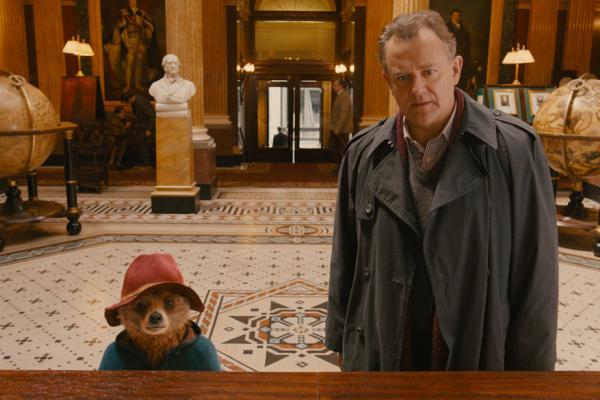Feb 3, 2016
When debates get polarized it can be hard to find our way back to more reasonable territory. We see it happening right now on the issue of U.S. immigration policy or the refugee crisis in Europe. It’s hard to make progress because we have gotten stuck at the extremes. We have demonized one another – an easy thing to do with people whose positions appall and offend us. Compromise? Why would I compromise with someone who is so obviously wrong!
Read the Full Article

Already a subscriber? Login
